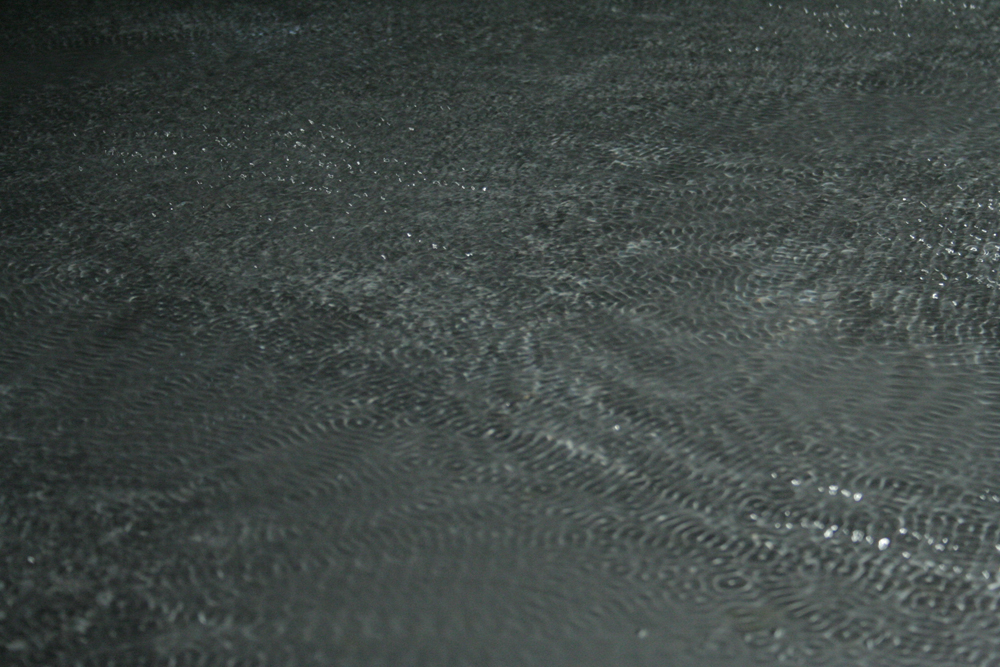
cloud _to_air
Seth Cluett
Like walking through the abstracted amalgamation of 30 or so storms, trays of water shaken by thunder, light bouncing off pools.
Arika have been creating events since 2001. The Archive is space to share the documentation of our work, over 600 events from the past 20 years. Browse the archive by event, artists and collections, explore using theme pairs, or use the index for a comprehensive overview.

Like walking through the abstracted amalgamation of 30 or so storms, trays of water shaken by thunder, light bouncing off pools.
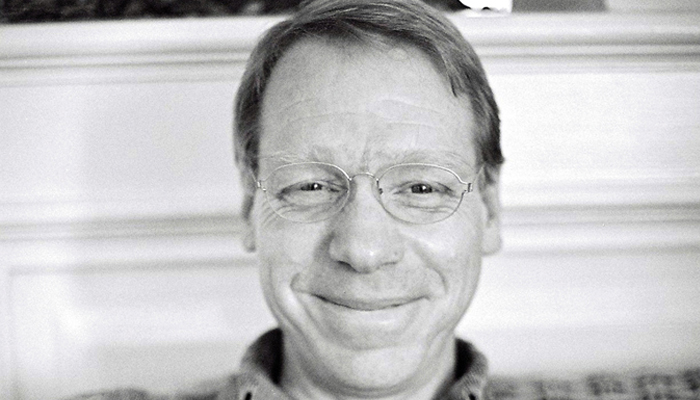
From really simple, open instructions, An Unrhymed Chord creates a kind of half-way point between composition and improvisation.

Chip will read some of his great literary pornography, which pushes sexuality to the point of extremity and exhaustion.

Paul Sharits is one of our all time heroes, and one of the great artist filmmakers of the 20th Century.

A joyful conversation discussing disability, gender transition and care labour as expressions of virtuosic and innovative skills that make care – good care – possible.

A performance bearing witness to a struggle built upon patience and collective action from the great multi-instrumentalist and member of the AACM.
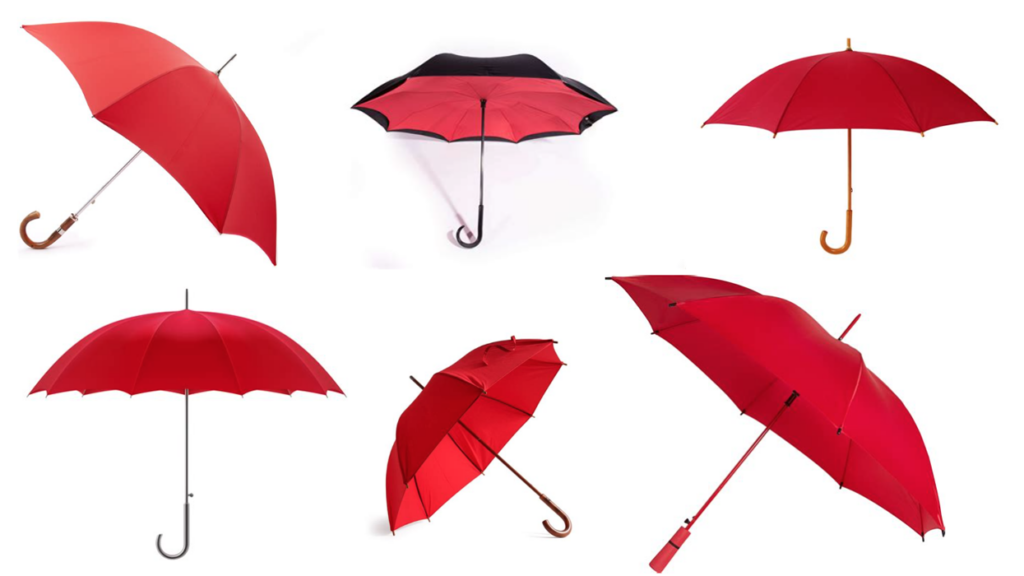
For this day-long festival, sex workers and their allies from New York, the tri-state area, and Europe will gather at MoMA PS1 to debate, perform, dance, strategize & share knowledge.
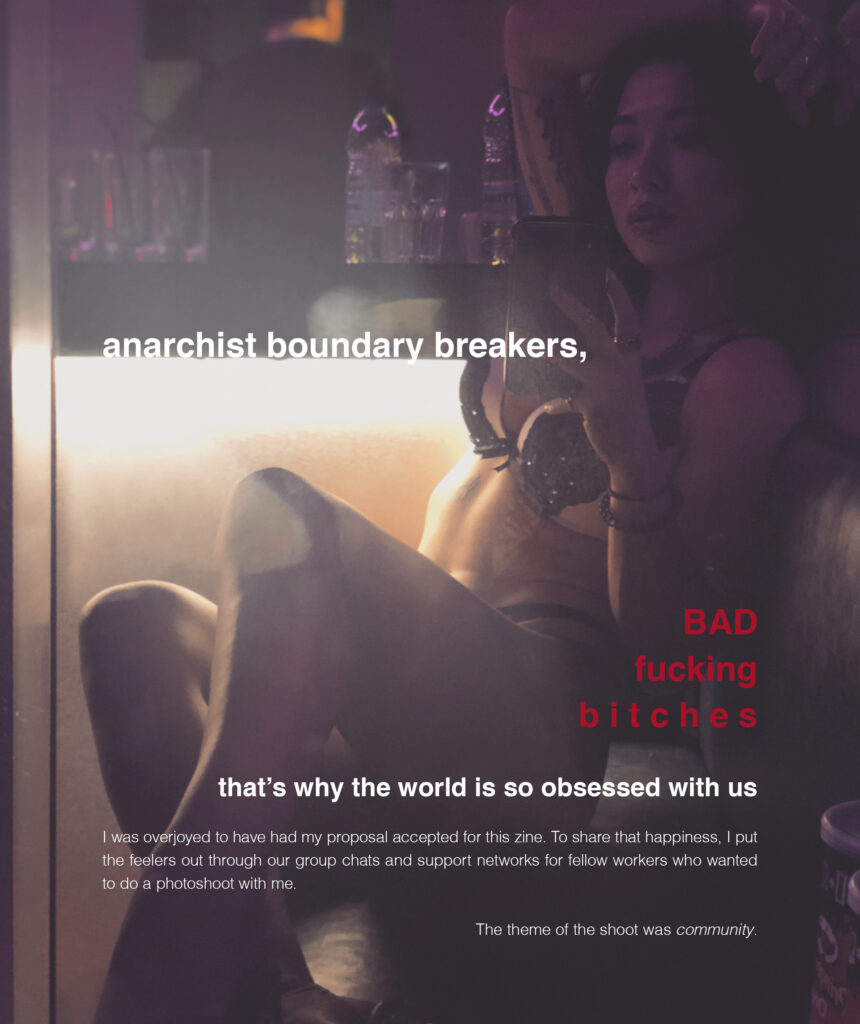
The Truth and Lies book project emerges as part of a rising tide of sex worker art and organised struggle to end criminalisation and stigmatisation of sex work.

Work that focuses in on the static hiss and background noise of recording and pushes it to the fore.

A loud, buzzing stew of electrical light as noise and convulsive electric guitar squall.
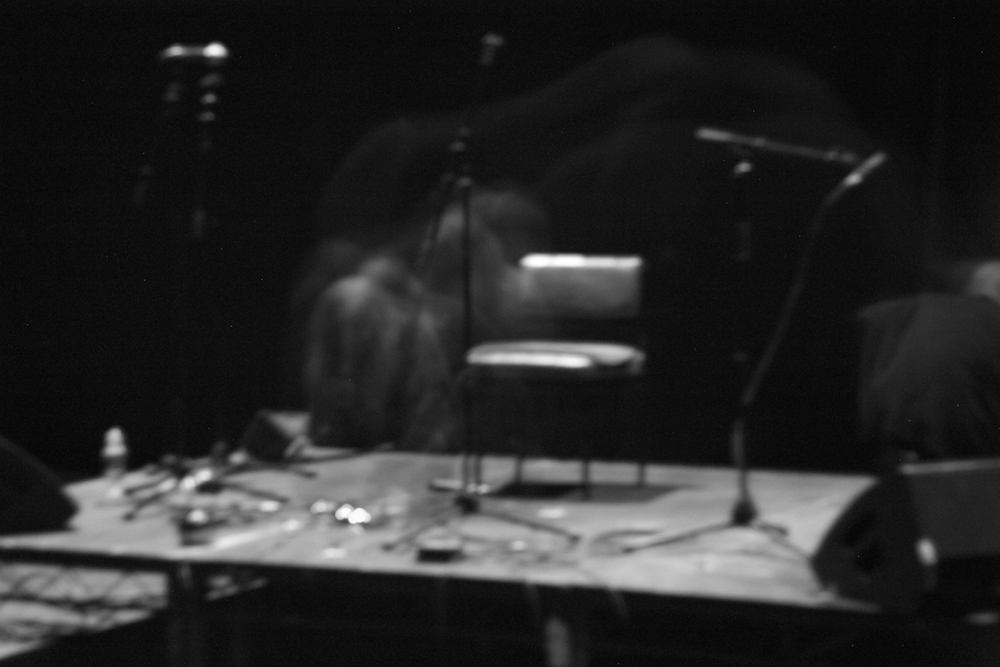
Torrential, wrenching wordless wails, guttural screams and roars, a Haino solo vocal performance.

Two-parts Helhesten spit strangled shanties and cracked reeds from under a net of the Glasgow Improv Orchestra’s six-strings and one moustache.